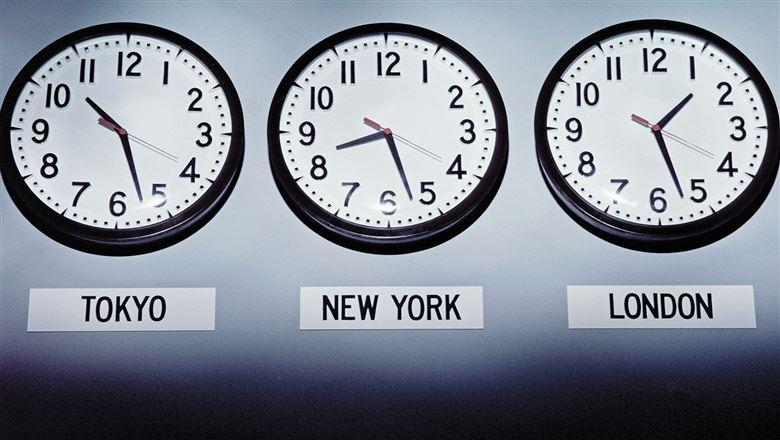Developing Global Strategy with a Simple Matrix
 Associations Now
Associations Now
For the Institute of Management Accountants, accelerating membership growth overseas meant it was time to get serious about a global strategy. A simple matrix helped IMA bring a complex issue into clearer focus.
In the past decade, the Institute of Management Accountants' international membership has rapidly expanded. For two IMA staffers—Jim Gurowka, CAE, vice president of international development, and Steven Weiss, CAE, senior vice president of global membership, brand, and development—this was a mixed blessing. Growth was good, but they were fielding recommendations from every corner of the organization for where that growth should come from next.
"We were getting hit with all these one-off, almost random assertions that this is the next great market, that IMA has to start to invest in this market," says Gurowka. "We started to realize that this is not a sustainable process."
Nor was it anything like a strategy. So Gurowka and Weiss began to systematize their international market assessments, both to guide their own understanding and to create a kind of "heat map" they could present to staff and board leaders when recommending particular efforts. They've devised a simple matrix that looks at five attributes of potential markets: market readiness, competition, market access, market size, and partner opportunities. Markets are rated in each category as favorable, unfavorable, or balanced.
Plenty of assessment attributes are available, but Weiss and Gurowka focused on ones that experience taught them had bottom-line impact. "We're able to explain why each of these [attributes] already had direct correlation to success or failure we may have had in other markets," Weiss says.
That said, the matrix isn't meant to be strictly quantitative. For instance, there are some aspects of "market readiness" that are hard to put a number on, such as the ability to do business free from pressure by business or government to act unethically or illegally. "You don't want to be dealing with corruption," Gurowka says. "But, on the other hand, for us as an accounting association, that might be the place where there is a lot of need for highly ethical and trained professional accountants."
Weiss and Gurowka have been using the matrix since 2010, but in the past two years it's had what Weiss calls "full implementation" as IMA's official market-assessment tool for global expansion. Though they can't speak to immediate impact, the overall numbers are clear: Today, 43 percent of IMA membership is outside the United States, compared with 27 percent in 2010.
Weiss credits that growth, if not directly to the matrix itself, to the focus that that matrix has helped IMA bring to global efforts. "It's been very successful in helping us to carve out our current development plans and budget," he says. "I'd call them aggressive and substantial compared to what we were doing five years ago."
[This article was originally published in the Associations Now print edition, titled "A Path Overseas."]

